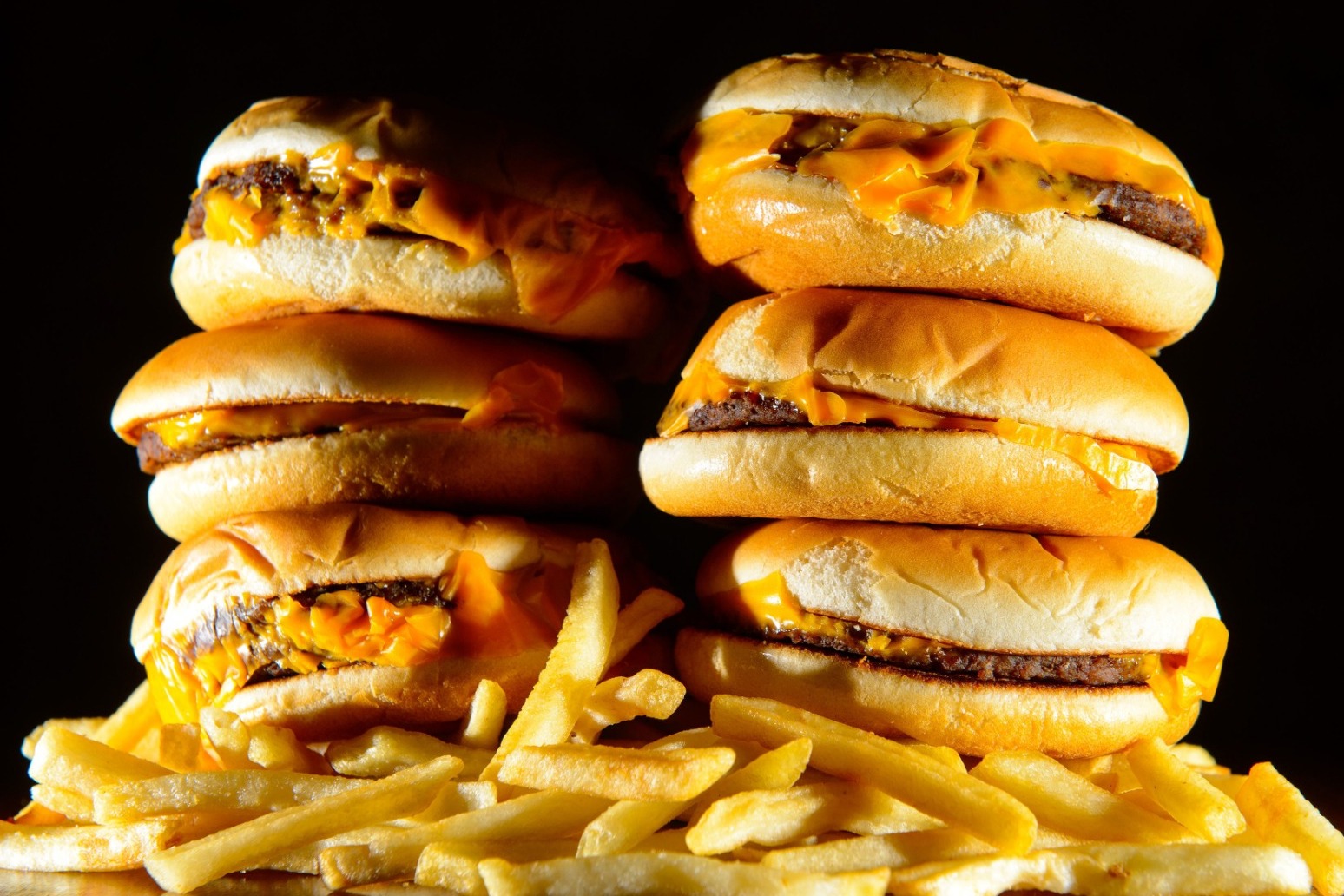
Calls for junk food advertising watershed to protect children's human rights
The Government should introduce a 9pm watershed on junk food advertising to protect children's health and human rights, a report argues. The World Cancer Research Fund (WCRF) said countries including the UK are failing to protect children from the effects of "harmful" junk food marketing.
This a human rights issue, the report argues, because the UK has a duty to "protect, respect and fulfil children's right to health".
Previous research has shown that seeing 4.4 minutes of food advertising was associated with children eating 60 more calories a day, while eating as little as 46 extra calories each day could lead to excess weight.
The body says marketing restrictions are "urgently required" because limiting children's exposure to products high in fat, salt and sugar would reduce how much of them they consume.
Restrictions would limit the impact on children's food and drink preferences, their eating behaviour, food intake and carers' food selection.
Caroline Cerny, from the Obesity Health Alliance, said: "The food industry use a range of marketing techniques to keep the spotlight on their products and evidence shows that children are particularly vulnerable.
"TV shows and websites popular with children are flooded with adverts for high fat and sugary products and the Government needs to do more to ensure that children are adequately protected.
"There is overwhelming public support for a 9pm watershed on junk food adverts across all types of media.
"If we ignore the evidence and calls for stronger marketing restrictions to uphold child rights and improve child health, the UK will not make progress on reversing its childhood obesity rates."
In the UK, advertising of high fat, salt and sugar foods is banned on dedicated children's television channels and also around programmes "of particular appeal" to the under-16s (where they make up over 25% of the audience).
In 2017 the Government introduced self-regulatory rules applying to traditional and online non-broadcast media, such as magazines, cinema billboards near schools, social media platforms and apps.
Campaigners argue that existing regulations around junk food advertising introduced in 2007 for television and in 2017 for non-broadcast formats have significant loopholes by only applying to programmes, films or websites considered to be "of particular appeal" to children.
Last year, the Government opened a consultation on broader broadcast and online marketing restrictions, such as a potential 9pm watershed, as well as on product placement and promotions.
According to research commissioned by the Government, 49% of the food adverts between 6pm and 9pm in May 2018 were directly advertising high fat, salt and sugar foods, WCRF said.
Campaigners, doctors and politicians previously welcomed the announcement about the proposed advertising ban.
The Department of Health and Social Care and the Department of Digital, Media, Culture and Sport lead the policy development process relating to new food marketing restrictions.
A Government spokeswoman said: "As part of the government's strategy to tackle childhood obesity, we have consulted on further advertising restrictions for sugary and fatty products on TV and online. We will respond to that consultation as soon as possible."
Published: by Radio NewsHub